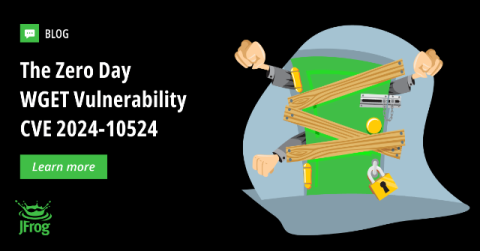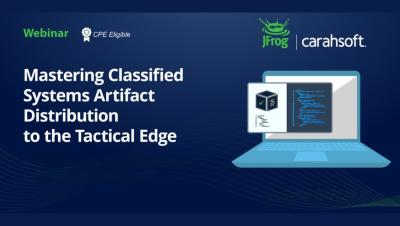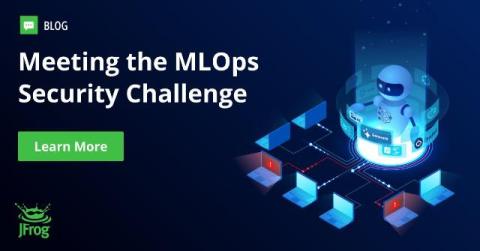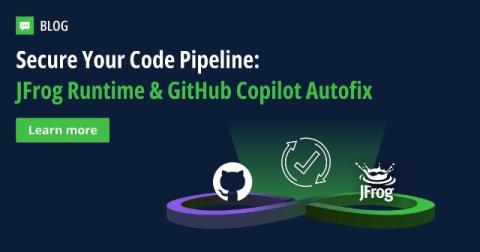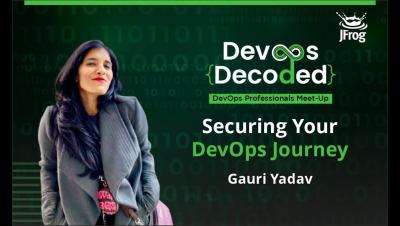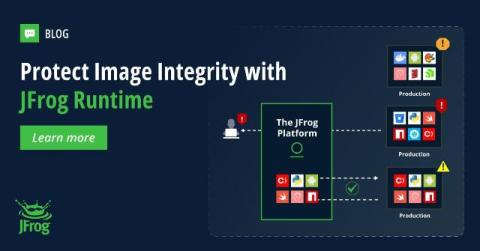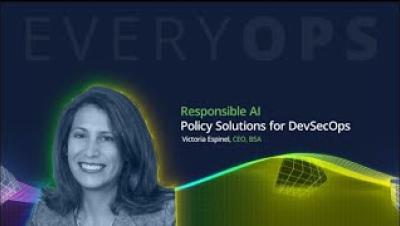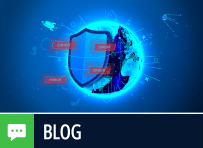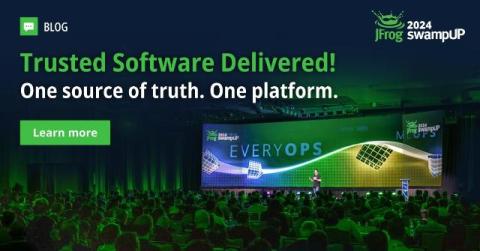CVE-2024-10524 Wget Zero Day Vulnerability
While researching CVE-2024-38428 in GNU’s Wget, our team found a new 0-day vulnerability. The vulnerability, later assigned CVE-2024-10524, may lead to various types of attacks – including phishing, SSRF, and MiTM. These attacks can have severe consequences such as resource restriction bypass and sensitive information exposure. Upon discovering this vulnerability, our team responsibly disclosed it to the Wget maintainers. A patch was released on November 11 and is included in Wget 1.25.0.


